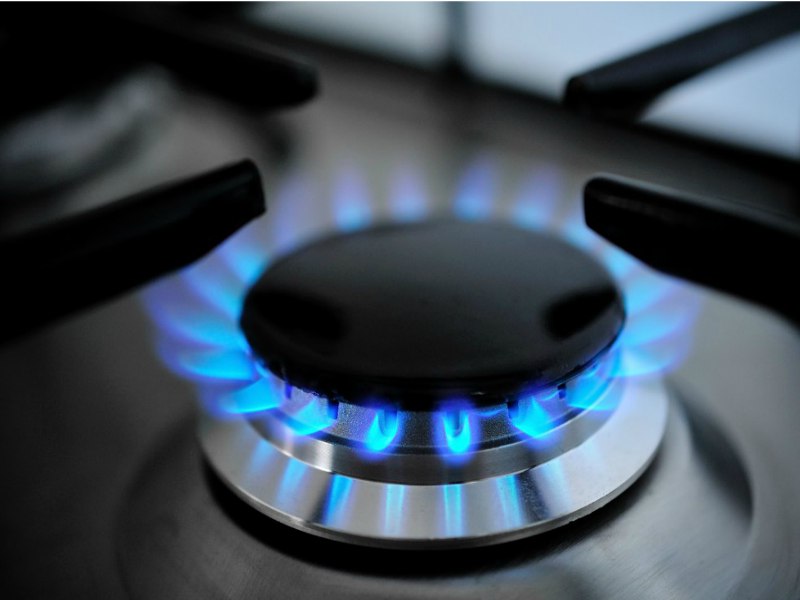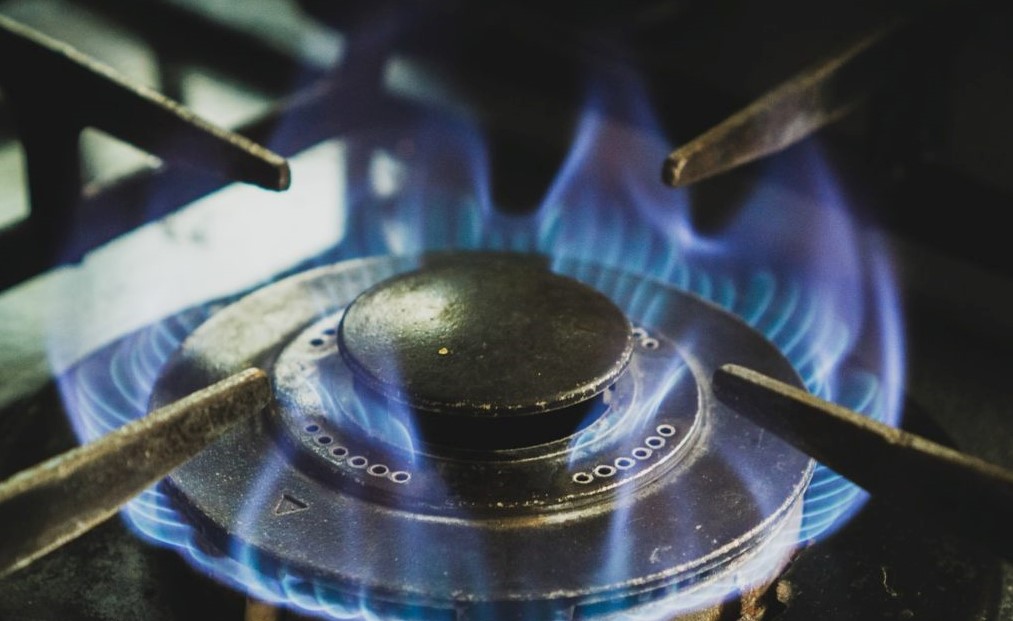By Jenifer Gilla
Zanzibar. The African Group of Negotiators on Climate Change (AGN) has elevated the clean cooking energy agenda as a continental priority ahead of the 30th Conference of the Parties (COP30), scheduled to take place from November 10 to 21, 2025, in Belém do Pará, Brazil.
The move comes at a pivotal time, as Tanzania aims to boost the use of clean cooking energy from the current 21% to 75% by 2030, reducing health risks and mitigating the impacts of climate change.
The decision was made during a high-level AGN strategic meeting held in Zanzibar from April 28 to 30, 2025. The meeting gathered representatives from 52 AGN member states, regional institutions, and key climate stakeholders.
It was co-organized by the Government of Tanzania—currently chairing the AGN for the first time—and the African Union Commission (AUC).
The conference was officiated by Zanzibar’s Second Vice President, Hemed Suleiman Abdulla, and attended by global climate leaders, including UNFCCC Deputy Executive Secretary Noura Hamladji, Executive Director of the Loss and Damage Fund Ibrahima Cheikh Diong, COP29 Representative Mukhtar Babayev, UNEP Africa Office Representative Allan Messo, and various ambassadors.
One of the key outcomes was the commitment to mobilize $300 billion to expand access to clean cooking energy across Africa—a step forward following the African Heads of State summit held earlier this year in Addis Ababa, Ethiopia.
Presenting the conference resolutions, AGN Chair Dr Richard Muyungi said clean cooking has now been adopted as a flagship agenda in Africa’s climate negotiations due to its cross-cutting importance in sustainable development, public health, and gender equity.
“This new stance aims to protect women and girls, especially in rural areas, from the health hazards of unsafe cooking fuels such as firewood and charcoal,” he said.
“Clean cooking is not just a health issue—it’s a climate, development, and justice issue,” he emphasized.
Dr Muyungi, who also serves as Environment and Climate Change Advisor to President Samia Suluhu Hassan, said delegates directed him to collaborate with the G20 Presidency and other international platforms to ensure clean cooking is fully integrated into the Just Transition Work Programme, climate finance mechanisms, and broader UNFCCC processes.

He also stressed the importance of embedding clean cooking targets in Africa’s Nationally Determined Contributions (NDCs) and national implementation strategies to enhance both mitigation and adaptation efforts.
The AGN called for dedicated climate finance, technology transfer, and capacity building to accelerate access to modern and sustainable cooking solutions for every African household by 2030.
Dr Muyungi noted that continued reliance on firewood and charcoal remains a major health and environmental threat across the continent, particularly for women and girls who are exposed to toxic smoke and face the burden of fuelwood collection.
Delegates agreed that scaling up clean cooking technologies can significantly reduce greenhouse gas emissions from the energy and forestry sectors while enhancing community resilience.
The meeting also strengthened Africa’s collective negotiating position ahead of the 62nd sessions of the UNFCCC Subsidiary Bodies. It reviewed the outcomes of the February 2025 CAHOSCC (Committee of African Heads of State and Government on Climate Change) meeting and assessed the continent’s roadmap to COP30. Key topics included the New Collective Quantified Goal on climate finance, the development of NDCs 3.0, and the integration of youth and gender in climate action.
Delegates commended Tanzania for its leadership as host and Chair of the AGN, expressing confidence in the country’s ability to steer Africa toward a unified position at COP30 and advance the 2030 Agenda.
In a separate engagement with Japan’s Ambassador to Tanzania, Deputy Prime Minister and Minister of Energy, Doto Biteko, reaffirmed the government’s commitment to achieving 75 percent clean cooking energy access by 2030.
He noted that this goal would be met through improved electricity access and the promotion of affordable clean cooking technologies.



You should participate in a contest for one of the best blogs on the web. I will recommend this site!